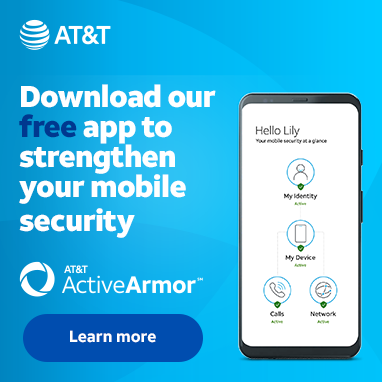
Tutor
•
1 Message
Someone is using my own phone number
Some one is using my phone number on their caller ID. I have recieved 70-80 calls from people saying I called them. One guy said it was some sort of credit card offer. He then called the number back then got me. I have called 4 times to report this to AT&T and have went to the store once. On one call while talking to the fraud department the guy tried to sell me direct tv. You would think that AT&T would be concerned about this considering all the number that have called me begin with 218-259-XXXX. These are all AT&T numbers. Someone is obviously targeting AT&T customers for some sort of scam. And no one there seems to really give a xxxx. I have been a AT&T customer for 22 years with the same phone number. The only option anyone has given me is just change your number.




MicCheck
ACE - Expert
•
14.2K Messages
5 years ago
It sounds like they weren't actually using personal info, just address and phone number.
0
0
TROLLEDYOUSO
Guru
•
561 Messages
5 years ago
From Wikipedia definition of personal information:
"NIST definition
The following data, often used for the express purpose of distinguishing individual identity, clearly classify as personally identifiable information under the definition used by the National Institute of Standards and Technology (described in detail below):[16]
0
0
MicCheck
ACE - Expert
•
14.2K Messages
5 years ago
You're right. By pure definition, that is PII. Definitions aren't the point, though. It's actual harm that could come to OP through use of this info. Having my mail sent to someone else's address or giving my phone number doesn't harm that person (other than the annoyance). I moved in January and will probably get mail at the old address for months, if not longer. Have I stolen the identity of whomever buys the house? I changed jobs at the same time and I'm sure I had given my work phone number out on some credit applications. If it's reassigned to another employee, have I broken the law? It's possible this person used @annoyedtothetop's address and phone number as part of some fraud. However, there's no indication in any of @annoyedtothetop's posts that their identity was actually stolen, so there's no reason to cause them to panic.
0